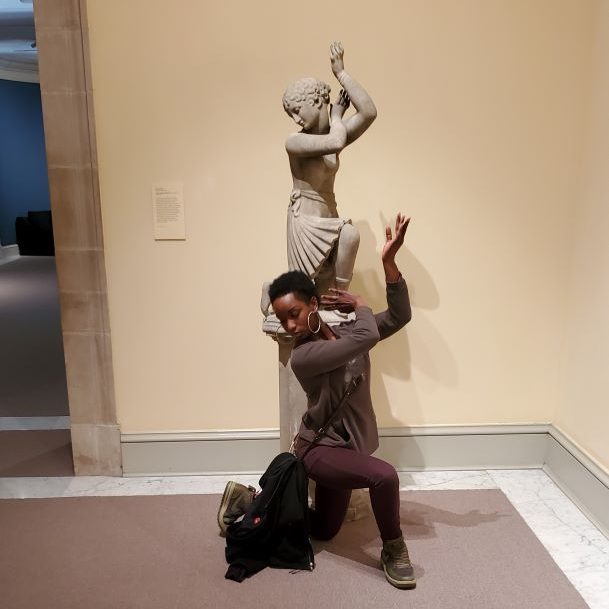
I was always incredulous that many great persons in the Bible, the ones I have read about since early Sunday School, asked for or received signs from God and wanted more. How could these great men continually solicit proof from God that God was God and that God was with them? And even when they received the sign, they were hesitant.
Consider Moses. In Exodus 3, God had given Moses a great commission—to lead the Israelites out of bondage to the Promised Land. In Exodus 4, Moses questioned his ability to carry out this great commission. God performed three miracles, one of which involved Moses’ hand, to show Moses that He was with him. Yet, even after witnessing these proofs, Moses was reluctant. It bothered me that after seeing these wonders from God, Moses was not “gung-ho” to get started.
Then there was Gideon. In Judges 6-7, the Lord chose Gideon for a great commission—to rid the Israelites of their oppressors. When he offered a sacrifice to God, he realized that he had seen the Lord. Gideon followed the Lord’s command to tear down the idols. When God’s Spirit clothed him, Gideon gathered his troops. Yet after seeing God and heeding His directives and having God’s Spirit upon him, Gideon asked for further proof that God was with him. He even chose an easy “out,” rather than follow God fearlessly. I was annoyed that Gideon did not boldly step forth.
Recently, I prayed for God’s direction. A voice said, “Do this.” I then asked God to give me another sign, just to ensure it was Him. As soon as I asked for another sign, I had two AHA experiences. I realized I had been reading their stories with my 21st century AD historical hindsight. Knowing how their stories ended had blinded me to who these two were.
AHA #1: I was doing exactly what I indicted Moses and Gideon of doing. I had asked for multiple signs. This experience revealed to me that Moses and Gideon, like me, were people with human insecurities and uncertainties. At the moment of their encounter with God, they felt unworthy of God’s attention—Moses with his stuttering, Gideon with his insignificant standing in the community[1]. They believed themselves incapable of fulfilling God’s commission. They may have thought, as I am sure we all have, “Who am I that God wants me?” These doubts did not make them less faithful; the doubts only magnified that they were human.
AHA #2: I had expected perfection from them. I had placed Moses and Gideon on a pedestal because of their historic greatness. Since they were on this pedestal, they should have been perfectly willing to accept God at the first sign…without question. From their pedestal, they should have eagerly done just as God directed. But because they questioned God and sought multiple signs, they fell off the pedestal. What could I learn…how could I learn…from someone who fell from the pedestal? Someone once told me that he “placed me on a pedestal.” That statement made me angry, because it meant that I was no longer human, incapable of making a mistake. Yet, I had imposed a mantle of perfection on Moses and Gideon that I had rejected for myself. My placing Moses and Gideon (and others like them) on a pedestal eliminates their humanity and clouds the lesson I could learn from their imperfections. They were human.
The blinders are off. I now see them as they were…ordinary people like me. They each had human frailties, like me. They were human, like me, with the foibles, idiosyncrasies, and uniqueness that God can use for His kingdom building. I will now read the Bible with this new lens. When I encounter someone who asked for, or received, multiple signs from God, I will read with empathy rather than judgement. I will examine why additional proof was requested. What human frailty was exhibited? What was the relationship between that person and God? What events surrounded the encounter between God and that person? How did the relationship evolve after the signs were given? Rather than question their reluctance to immediately and unquestioningly accept God’s commission, I will remember that they were human. Seeing them as human allows me to be amenable to my lesson from their stories. Seeing them as humans called by God helps me to grow in my understanding of God’s call for me.
Reflect: As you read and study the Bible, do you see the human frailty in the story? Do you see the person’s growth in faith with God? What can you learn from them to help with your own struggles with God?
[1] his words, not mine
Often I make the statement that I want to be like someone else when I grow up. Now I have to double down and realize that I can only be me. The me that God has put here for a purpose. After spending 7 hours in the emergency room today, I now know that my purpose is still in front of me to complete. I no longer ask why or when but for strength to keep me going until the end.